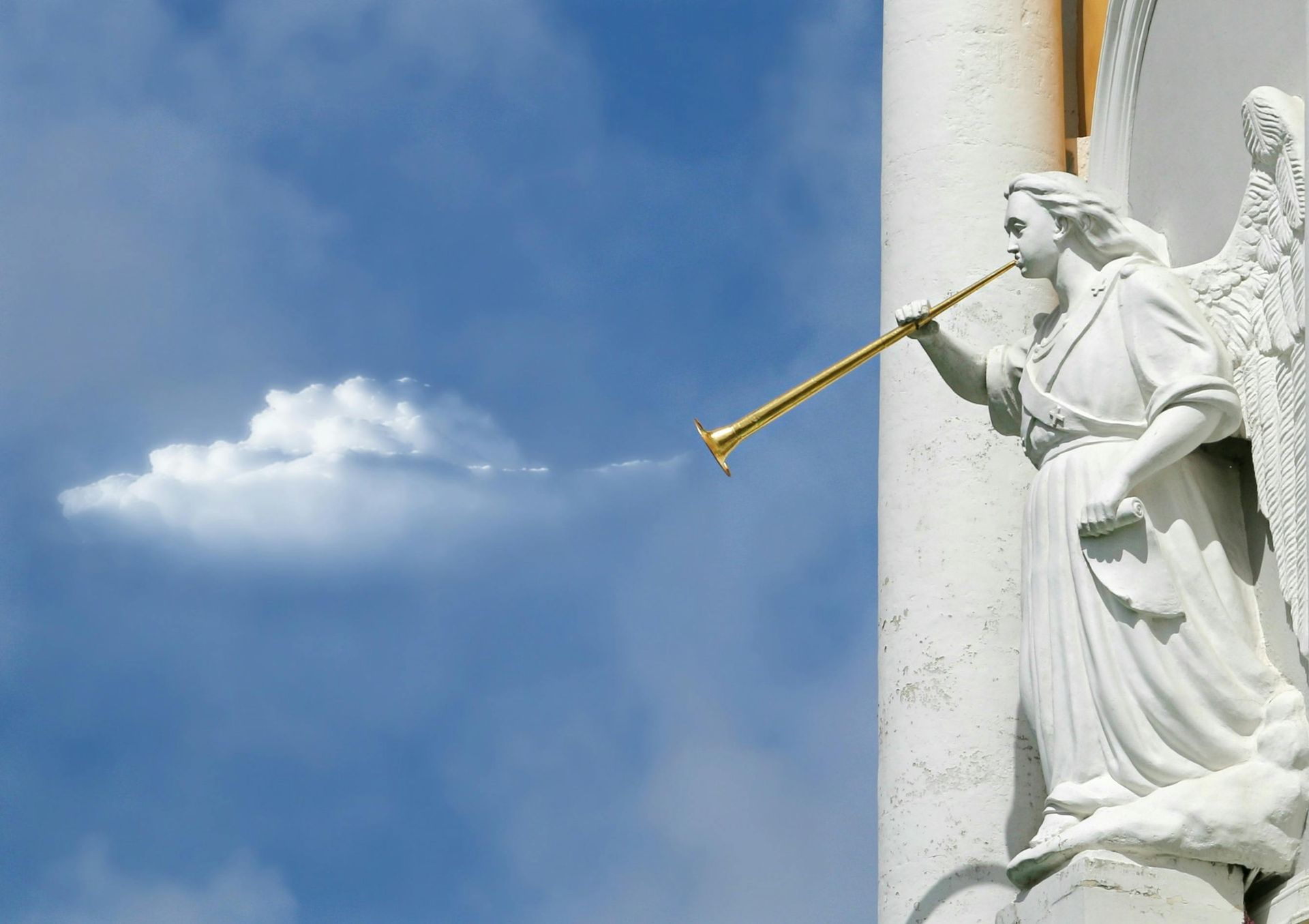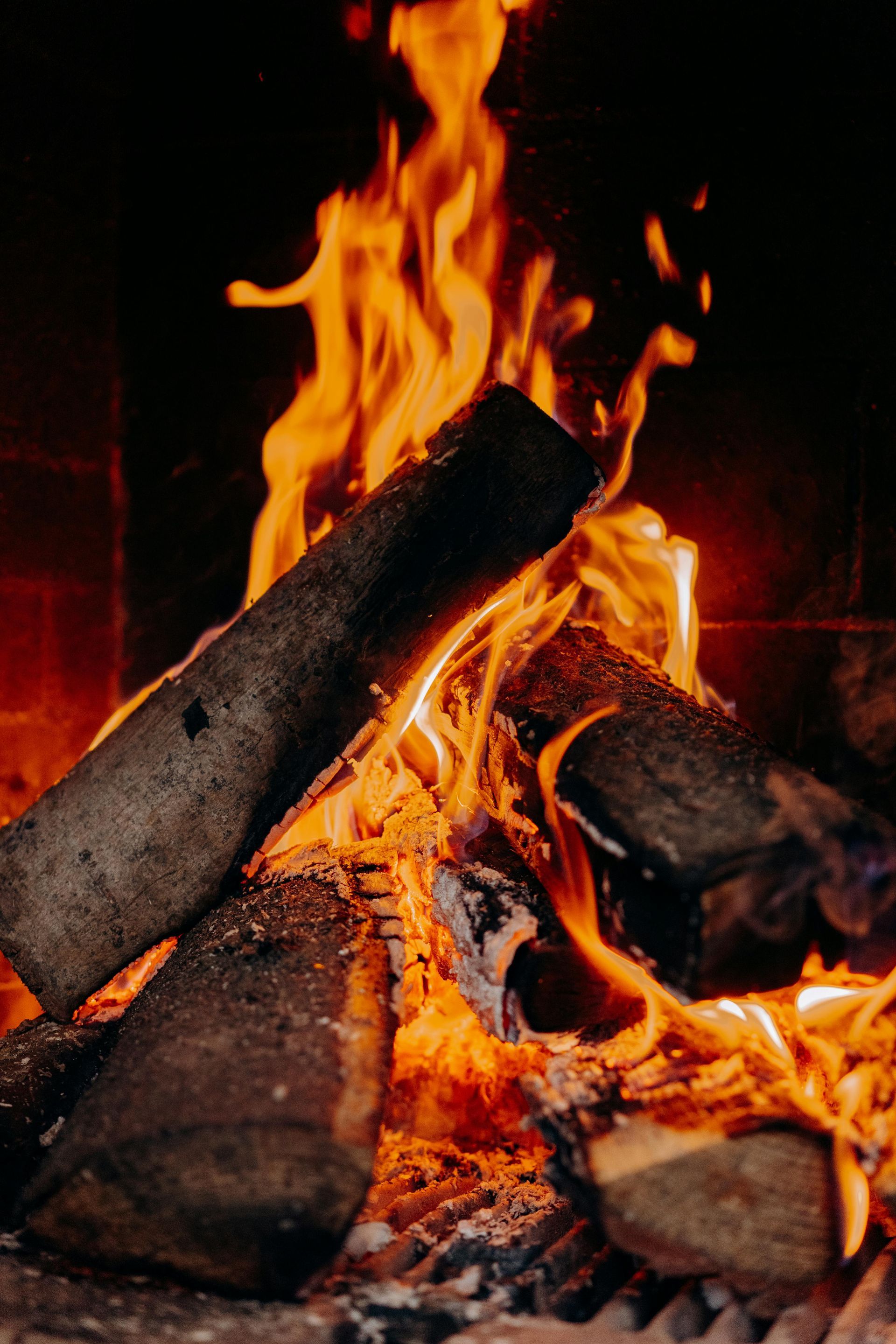January 22nd | Exodus 12
God's Judgment Satisfied

Over the past few chapters we see the 9 plagues that were carried out by Moses from God's instruction in order to have Pharaoh to allow the Israelites -God’s "people" to be freed. Although Pharaoh has several moments where he recognizes the power and even sovereignty of God, he does not let the Israelites go. Pharaoh was not simply telling Moses no, he was telling God no, which led to God hardening his heart. We see that Pharaoh's heart was hardened 4 different times. This leads us to the tenth and final plague, The Passover.
Chapter 11: 4
So Moses said, “Thus says the Lord: ‘About midnight I will go out in the midst of Egypt, 5 and every firstborn in the land of Egypt shall die, from the firstborn of Pharaoh who sits on his throne, even to the firstborn of the slave girl who is behind the hand mill, and all the firstborn of the cattle. 6 There shall be a great cry throughout all the land of Egypt, such as there has never been, nor ever will be again. 7 But not a dog shall growl against any of the people of Israel, either man or beast, that you may know that the Lord makes a distinction between Egypt and Israel.’
1. Judgement
In the first month, first of the year, the congregation of Israel will select a perfect spotless Lamb. On the fourteenth day of the month the entire congregation of Israel will kill the chosen lambs at twilight. (1-5)
They were to take the blood from the lamb and put it on the doorpost of their homes, the Israelites were also instructed how to cook and eat the lamb. The Israelites were instructed to wear their clothing and be ready at a moment's notice, believing their freedom and exodus from Egypt was coming soon.
As God passed through Egypt that night, He would kill the firstborn of all of Egypt both man and beast. God says,
"I will execute Judgement." The blood will be a sign for the Israelites, when God saw the blood, He would pass over them, and their first born would be safe. (7-13)
God did not give the Israelites another option because the Israelites were "good" people and the Egyptians were "bad” people. God showed the Israelites mercy. As there must have been bloodshed to appease God's judgement for sin.
The Passover is meant to be a feast and memorial as after the first Passover the Israelites will continue to practice this every year. Only God could pass judgement while also redeeming/freeing His people at the same time. (14-16)
2. Recognizing Sin as Sin
The feast of unleavened bread, the leaven was a symbol of sin, representing the unconfessed/unforgiven sin in the lives of the Israelites. As they were to eat the unleavened bread it was a memorial to God as well as a time of renewal while encouraging them to move in the opposite direction of the sin (repenting) in their life, solely focusing on God. (17-20)
As God's people participated in the Passover for years to come, bloodshed and unleavened bread were key elements- both point to a new life in Jesus Christ.
3. Sacrifice
In the next few verses we see Moses called in the elders of the congregation and reiterated what God shared in regards to the tenth plague, The Passover. Moses shares with them once again to kill a lamb and apply the blood to the doorpost. (21-28)
Several important things to notice here:
- The lamb was to be spotless and perfect.
- The blood of the lamb was meant for the congregation- all of the Israelites.
- The blood of the lamb was also specific to persons as it was every doorpost, every individual Israelite.
- The lamb was a substitute, and died in the place of the Israelites.
All of the above points to Jesus,
Jesus is our perfect spotless lamb, Jesus died for all yet it is personal, and Jesus was the perfect and only substitute that could appease God's wrath towards sin.
We cannot overstate the power and importance of Jesus' blood when it comes to our salvation.
You may think of it like this- Jesus dying on the cross and shedding His blood while taking on the entire wrath of God is a horrific and terrible thing, however, as Jesus' blood was shed He has given us the opportunity to have a right relationship with God, taking us from our death in sin and giving us new life where we can be a friend of God and live for Him forever!
4. The Exodus of Egypt
As the tenth plague took place, God's people chose to be obedient to God and His wrath was satisfied with the blood of the lamb on the doorposts. (29-32)
God frees the Israelites from slavery and Egypt. (33-42)
Just as Jesus' blood has freed us from slavery and bondage of sin.









